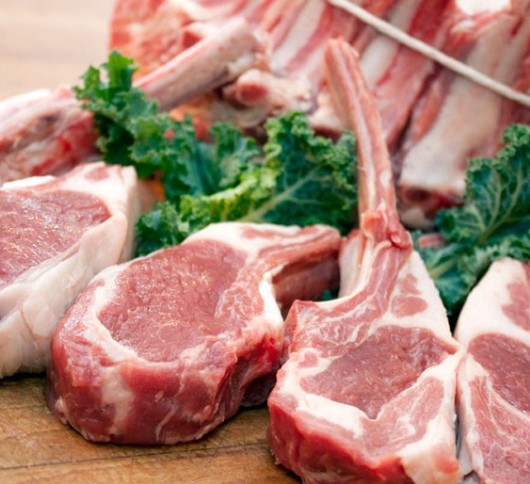Argentina approves live cattle exports, lifting 50-year ban
Argentina, known for its beef cuts and traditional asado barbecue, is a cattle and farming center and a major exporter of processed soybeans, corn and wheat.
Sales of the country's agricultural sector to foreign markets are the largest source of hard currency for the central bank's coffers, needed to finance imports and pay off debts.
In a statement Wednesday, the agriculture secretariat said the change in cattle export policy was a step toward "more competition in the meat and livestock supply chain," in line with libertarian President Javier Miley's efforts to deregulate South America's second-largest economy and spur growth.
Earlier this month, Milei's government introduced a five-month tax cut on grain and grain-derived exports to try to boost overseas sales. Late last year, Milei also backed a cut in local duties levied on beef exports to 6.75% from the previous rate of 9%.
Argentina's beef exports rose 10% last year to just over 935,000 metric tons of beef, the highest volume shipped in a century. The 2024 figure was just below the 981,000 tons exported in 1924.
Argentina's beef exports include chilled and frozen cuts and processed beef products. They were shipped to 53 foreign markets last year, 11 more than the 2023 target.
Almost 70% of exports went to Chinese buyers, followed by sales to the European Union and Israel.























































